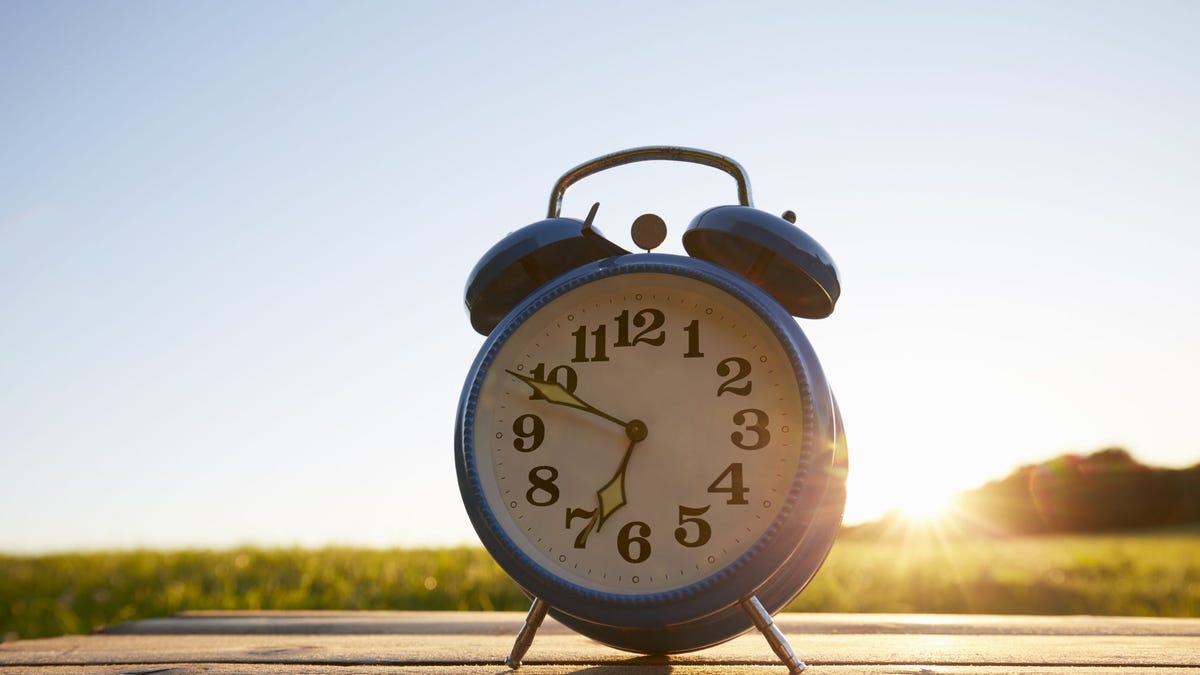
The bi-annual ritual of changing our clocks to adjust to daylight saving time (DST) has been a topic of debate for years. While some people enjoy the extra hour of daylight in the evening, others dread the disruption it causes to their sleep patterns and daily routines. Recently, a Senate panel in the United States reflected this divide, as they failed to reach a consensus on the matter. In this article, we'll delve into the reasons behind the debate and explore the arguments for and against DST.
A Brief History of Daylight Saving Time
Daylight saving time was first implemented during World War I as a way to conserve energy. The idea was to move the clock forward by one hour in the summer months, so people would make the most of the extra daylight during their waking hours, thereby reducing the need for artificial lighting. The practice was adopted by many countries, including the United States, and has been in place ever since.
Arguments For Daylight Saving Time
Proponents of DST argue that it has several benefits, including:
Energy Savings: By making better use of natural daylight, we can reduce our energy consumption, which is good for the environment and our wallets.
Increased Outdoor Activities: The extra hour of daylight in the evening encourages people to engage in outdoor activities, such as sports, gardening, or simply taking a walk, which can improve overall health and wellbeing.
Economic Benefits: DST can boost tourism and retail sales, as people take advantage of the longer evenings to go out and enjoy themselves.
Arguments Against Daylight Saving Time
On the other hand, opponents of DST argue that it has several drawbacks, including:
Disruption to Sleep Patterns: The time change can disrupt our sleep patterns, leading to fatigue, decreased productivity, and negative impacts on our health.
Health Risks: The time change has been linked to an increased risk of heart attacks, strokes, and depression.
Inconvenience: The bi-annual time change can be inconvenient, particularly for people who travel or conduct business across time zones.
Senate Panel's Dilemma
The Senate panel's inability to reach a consensus on DST reflects the divided opinions on the matter. While some senators argued that DST is outdated and no longer serves a purpose, others believed that it still has benefits. The panel's discussion highlighted the need for further research and debate on the topic.
The debate over daylight saving time is complex and multifaceted. While some people enjoy the benefits of DST, others suffer from its negative consequences. As the Senate panel's discussion shows, there is no easy answer to this question. Ultimately, it's up to each individual to decide whether they like or hate DST. Whether you're a fan of the extra hour of daylight or dread the time change, one thing is certain - the debate over DST will continue to rage on.
By understanding the arguments for and against DST, we can better appreciate the complexities of this issue and make informed decisions about our own lives. As we continue to navigate the pros and cons of DST, one thing is clear - the time change is here to stay, at least for now. Whether you're a fan of DST or not, it's essential to be aware of the potential impacts on your health, wellbeing, and daily routine. So, the next time you change your clocks, take a moment to consider the implications of DST and how it affects you.









